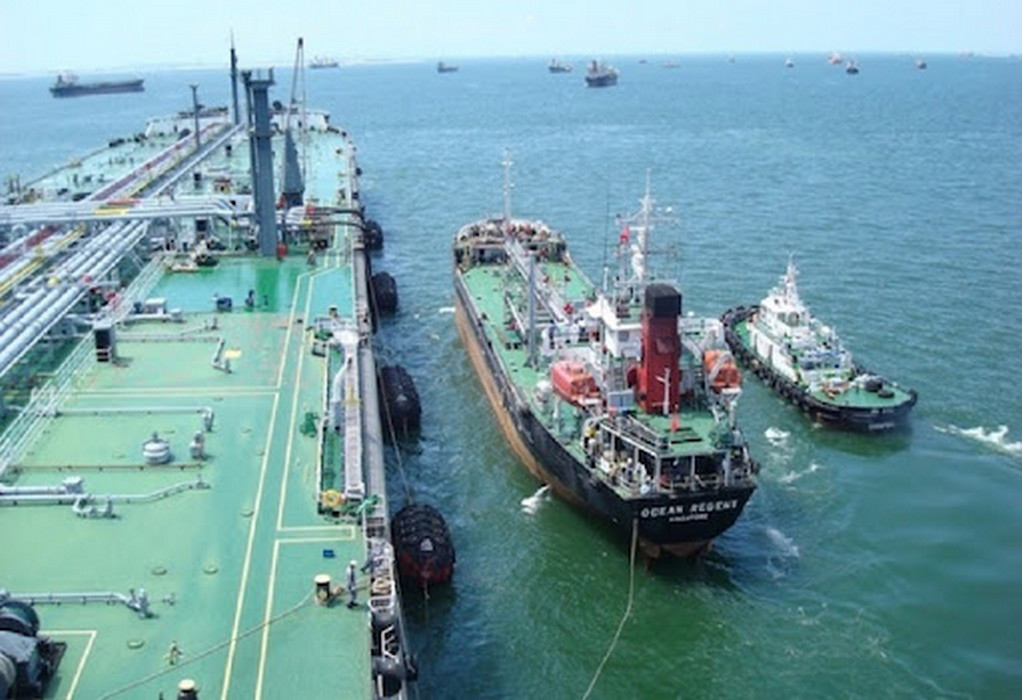The days of picking and choosing from a range of bunker fuels at ports are disappearing as geopolitics cause oil flows to shift, meaning shippers must plan more carefully ahead to ensure they can buy the fuel they need, according to TFG Marine.
Russia has been a key provider of 3.5% (high) sulfur fuel oil but following sanctions on its oil and with companies looking to avoid dealing with Russian counterparties, availability at some ports has become trickier while at others it has become more readily available. That has distorted traditional price premiums.
Russia’s export volumes have, though, held relatively steady. In November, it exported 2.17 million mt of fuel oil compared to a three-month average of 2.08 million mt, according to Kpler shipping data.
It is the direction that is changing: The Netherlands, which received 38,000 mt in February, has received none since August when traders became concerned about EU sanctions affecting the fuel, while the UAE received 40,000 in November compared to 9,000 mt in February, the Kpler data showed.
Fujairah has seen growing volumes of HSFO deliveries since European markets started avoiding buying Russian product, market sources said.
That has seen inventories at the Middle Eastern bunker hub rise and, in turn, prices fall significantly below those of Singapore in November. The two ports have traditionally seen prices much more closely aligned than at present.
The higher prices at Singapore have also been exacerbated by logistical bottlenecks at the port, although these have been dissipating and so the price spread may now decrease to an extent, according to market sources.
Tags: Bunkering, Oil, Russia Fuel, TFG Marine



Recent Posts
FueLNG Completes 400th LNG Ship-to-Ship Bunkering Operation in Singapore
Port of Gothenburg Hosts First Bunkering of Swedish-Produced Biomethane for Maritime Sector
UrbanLink Expands REGENT Seaglider Order, Driving Forward Zero-Emission Coastal Travel in Florida and Puerto Rico
HD Hyundai Executive Vice Chairman Holds Landmark Talks with U.S. Trade Representative on Shipbuilding Cooperation
ZeroNorth and Veracity by DNV launch end-to-end emissions reporting and verification service for the maritime industry
Hapag-Lloyd Expands ‘Hamburg Express’ Class Fleet with Delivery of Genova Express
Bureau Veritas calls for standardized safety regulations to accelerate adoption of electrification technology
ABS Publishes Safety Insights for Ammonia as a Marine Fuel